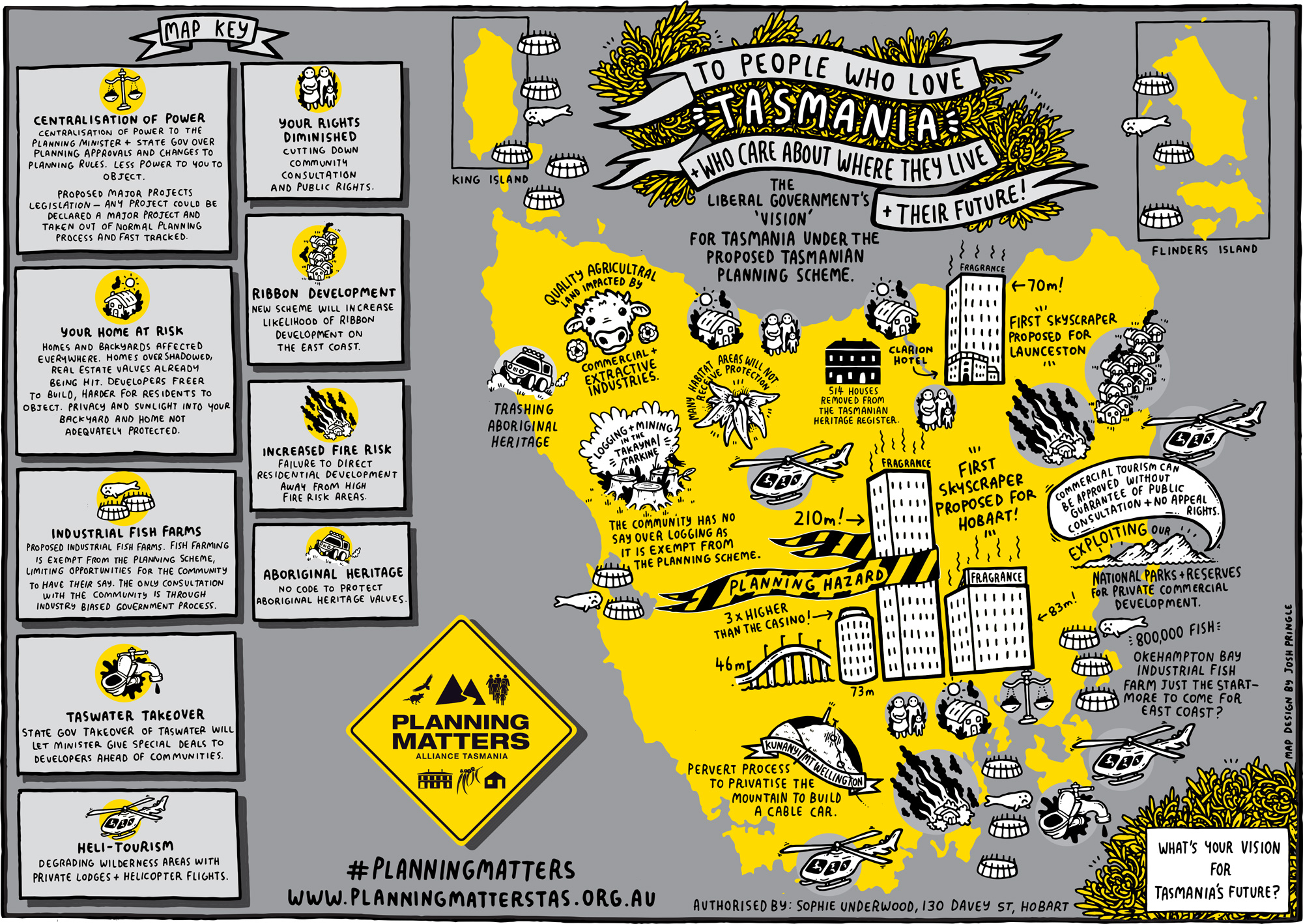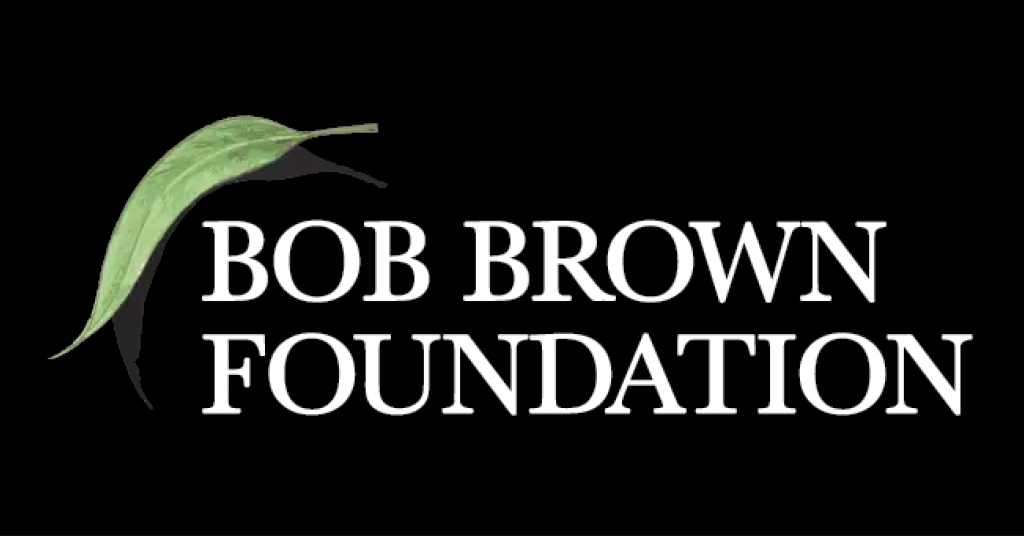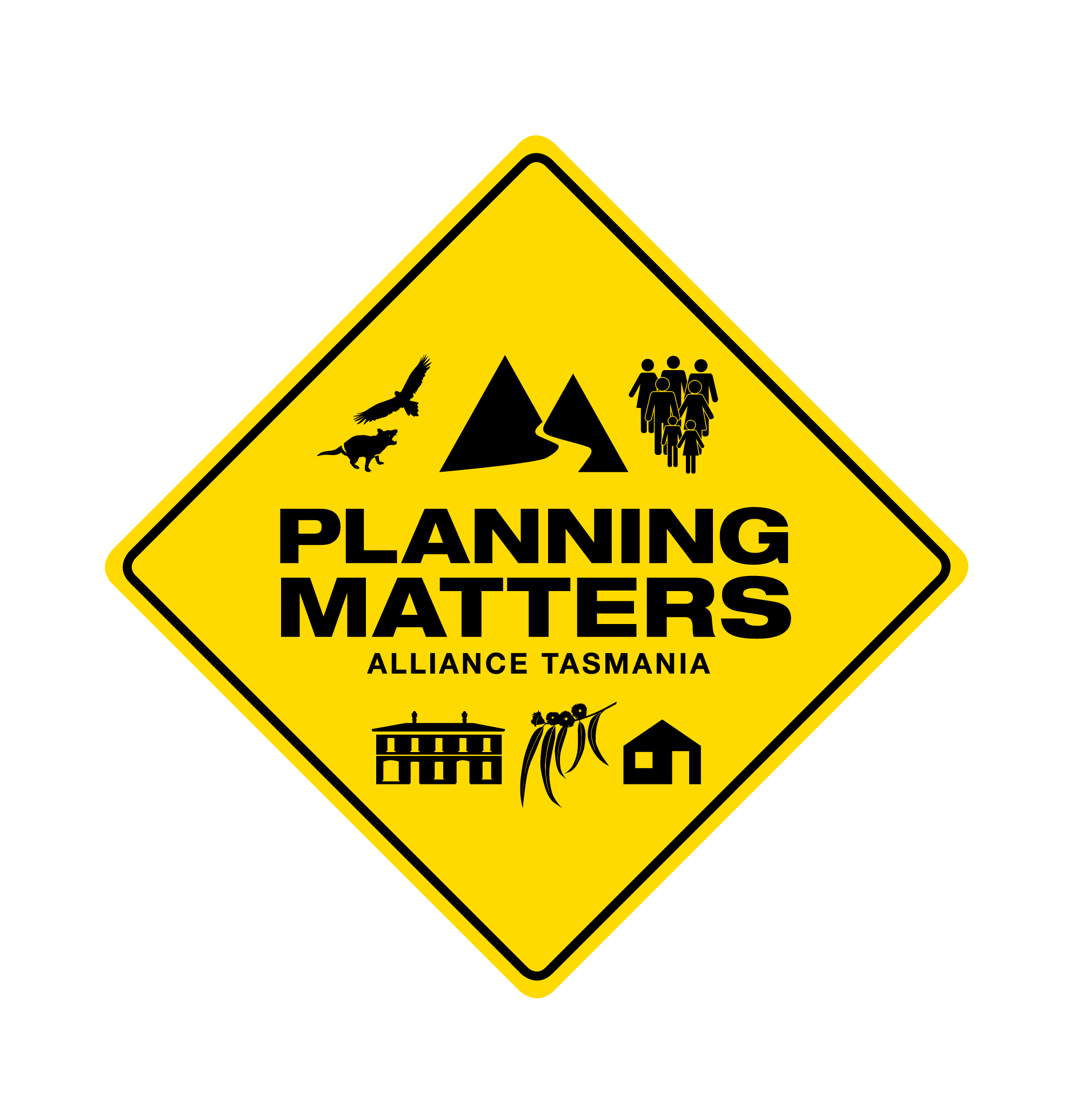Planning Matters Alliance Tasmania (PMAT) works to educate the community and raise awareness about planning. We encourage, enable and support community engagement in the planning process.
Our Vision
PMAT’s vision is for Tasmania to be a global leader in planning excellence. We work to achieve best practice planning and a healthy democracy that incorporates the following values:
Embrace and respect all Tasmanians.
Enhance community well-being, health and prosperity.
Enhance the liveability of cities, towns and rural areas.
Nourish and care for Tasmania’s outstanding natural values.
Recognise and enrich our cultural heritage.
Integrate good design principles.
Through democratic and transparent processes, deliver sustainable, integrated development in harmony with the surrounding environment.
PMAT’s role is essential – it remains the only organisation in lutruwita/Tasmania focused solely on achieving a best practice, democratic planning system that delivers social, economic and environmental benefits for Tasmania and its community.
PMAT is an independent not-for-profit organisation funded solely by donations. The support of our donors has enabled PMAT to influence planning policy, maintain pressure on government and galvanise and inform the community.
Platform Principles
PMAT considers that, to achieve the best future for Tasmania and all Tasmanians, the planning system must be underpinned by the following key principles (read in conjunction with explanatory notes on our platform document here):
Community & Environment
Prioritise the health and well-being of the whole community, the liveability of cities, towns and rural areas, and the protection of the natural environment (a) and cultural heritage (b).
Strategic Vision
Establish and implement a community endorsed, sustainable, long-term strategic vision for Tasmania (c,d).
Transparency & Independence
Ensure that planning and decision-making processes are open and transparent (e), and overseen by an independent commission, with appeals heard by an independent tribunal.
Community Involvement
Provide opportunities for informed community input in planning matters and decisions, including provision of appeal rights.
Integrated Approach
Provide an integrated (f) assessment process across all types of developments (g) on all land tenures (h) which includes consistent provision of mediation, public comment and appeal rights.
Implementation
Consistent with the above principles, planning to be shared between state and local government, with local government (i) to retain primary responsibility for local planning and development decisions (j,k) through community consultation.
Founded in 2017
See more videos from PMAT’s launch night from speakers: Essie Davis, Meg Webb and Gerard Castles here.
Current Key Issues
- Changes to development assessment and removal of appeal rights: the Tasmanian Liberal Government wants to remove development assessment from the normal local council process to be replaced by State-appointed Development Assessment Panels (DAPs) conducted by the Tasmanian Planning Commission. This will also remove the opportunity for planning appeal rights.
- Changes to how land is re-zoned: top-down land use rulings – the Tasmanian Liberal Government wants to increase Ministerial power to overrule local councils and force them to commence planning scheme changes.
- Local government reform including the potential for forced local council amalgamations.
- The State Government’s Tasmanian Planning Scheme fails to adequately address:
– The community’s right to have a say: increasingly, land uses and development can occur without public consultation or rights of appeal, weakening democracy.
– Climate change/energy: no opportunity to embed sustainable transport, green building design and emissions reductions considerations into the planning process.
– Community health and well-being: limited provisions to promote better health for all Tasmanians, including walking and cycling opportunities, local access to recreation areas and addressing food security. –
– Aboriginal Cultural Heritage: no provision for impacts on Aboriginal Heritage to be considered in a development assessment.
– Urban issues: smaller block sizes, higher buildings built closer to fences, and multi-unit developments allowed in all residential areas. Inadequate protection for neighbourhood amenity and character, privacy, or sunlight into your backyard, home and on your solar panels. Rights to challenge or improve inappropriate developments are very limited.
– Gardens: residential standards do not encourage home gardens, important for food security, connection to nature, places for children to play, mental health/well-being and beauty.
– Affordable and social housing: no provisions to encourage development of affordable or social housing.
– National Parks & Reserves: commercial tourism development can be approved in most national parks and reserves without guarantee of public consultation, and with no rights to appeal. This means the public has no guarantee of public comment and no appeal rights over public land on almost 50% of the State.
– Rural Issues: an unprecedented range of commercial and extractive uses will be permitted in Rural Zones, further degrading the countryside and Tasmania’s food bowl.
– Biodiversity issues: exemptions in the Natural Assets Code (i.e. Agriculture, Commercial and Residential Zones) and up-to-date mapping means many areas of native vegetation/habitat will not be assessed or protected, impacting biodiversity, including valuable urban trees.
– Coastal Issues: weaker rules for subdivisions and multi-unit development will threaten our undeveloped beautiful coastlines.
– Heritage Buildings & Heritage Landscape: limited protections for heritage places will compromise Tasmania’s important cultural precincts and erode the heritage character of listed buildings.
– Absence of key planning codes: including no Stormwater Code, On-site Waste Water Code or Geoconservation Code.
– Lack of integration: forestry, mine exploration, fish farming and dam construction remain largely exempt.
– Ministerial powers: power over planning decisions will shift into the hands of the Minister for Planning and away from the Tasmanian Planning Commission, councils and the public.
– Local councils: feedback from councils states planning responsibilities are increasingly complex.
– Tasmania’s brand: our brand underpins our future economy. The Tasmanian Scheme should be an important tool for managing Tasmania’s brand, but it fails to protect the reasons why people live and visit here, including placing our natural and cultural heritage at risk.

Awards
PMAT was named Australia’s 2020 Planning Champion, a prestigious honour awarded by the Planning Institute of Australia that recognises non-planners for their advocacy and for making a significant contribution and lasting presence to the urban and regional environment. PMAT was awarded the Tasmanian Planning Champion title in 2019.
In 2022, the Bob Brown Foundation Environment Awards named PMAT the Community Group of the Year. The award recognises outstanding contribution to ensuring development in Tasmania does not come at the cost of destroying nature.


Governance
PMAT is a not-for-profit Incorporated Association under the Associations Incorporations Act 1964 (Tasmanian legislation). Read our Constitution here.
PMAT is governed by a skills-based, volunteer Board. PMAT holds an annual general meeting each year, providing the opportunity to review the organisation’s performance, ask questions of the Board and receive annual updates from Alliance members.

Support Us
Receive News & Updates from PMAT
Stay informed on what’s happening locally and statewide within Tasmania, and join our community in advocating to protect Tasmania’s future.